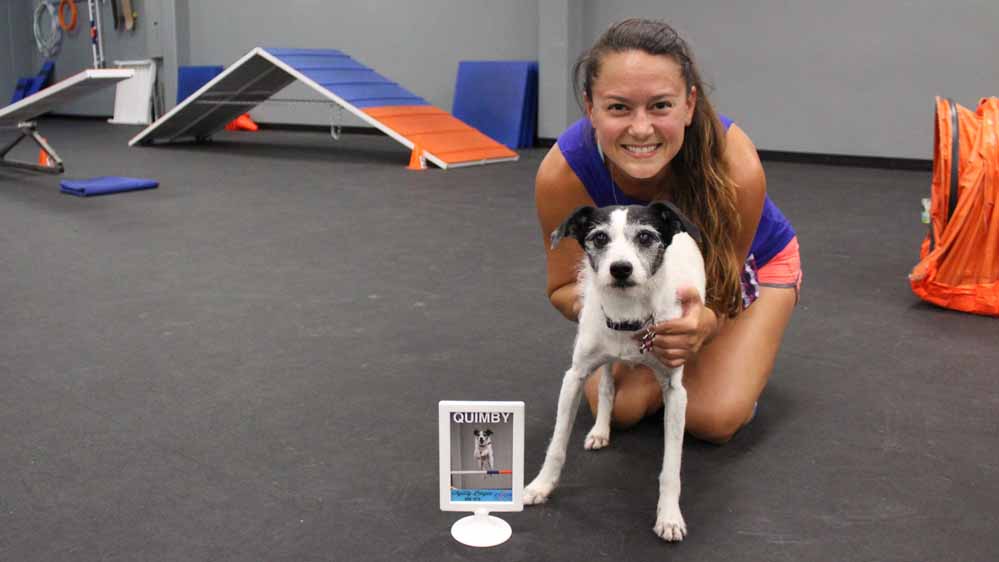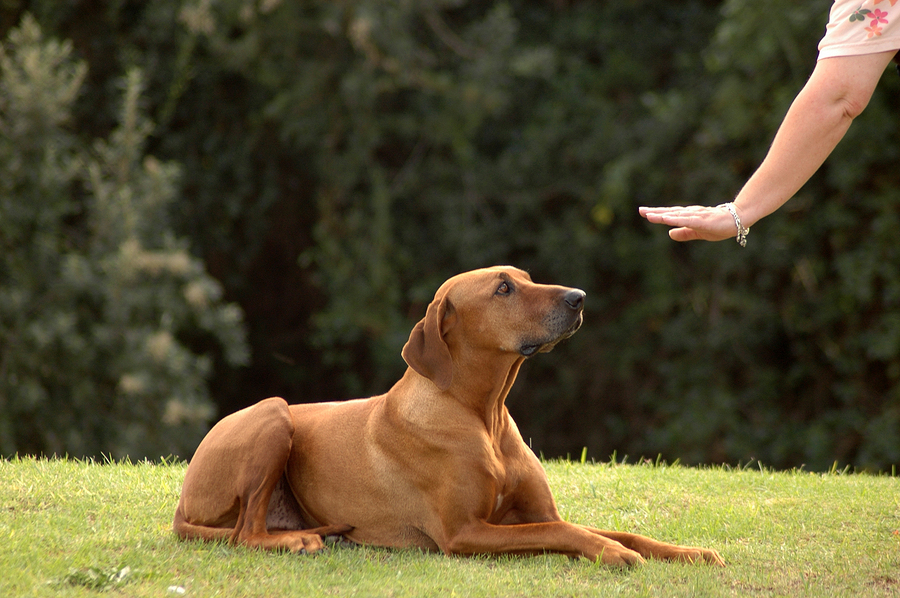The Value of Dog Training For Dogs in Structure Positive Practices
The Value of Dog Training For Dogs in Structure Positive Practices
Blog Article
Essential Canine Educating Tips for Raising a Mannerly Companion
Vital techniques such as very early socializing, the facility of consistent commands, and the implementation of favorable reinforcement can considerably influence a dog's actions and general disposition. Understanding canine actions is vital for customizing training methods that reverberate with private dogs.
Recognizing Dog Behavior

Furthermore, socialization plays an important role in forming a pet's habits. Exposure to different settings, people, and other pets assists canines develop self-confidence and decreases the likelihood of fear-based responses. Early socializing is particularly vital, as experiences throughout the vital development duration considerably influence a pet dog's long-term actions.
In addition, comprehending the concepts of learning concept-- such as positive reinforcement, adverse reinforcement, and penalty-- can enhance training efficiency. Pets are much more most likely to repeat habits that generate positive results. Consequently, employing constant, reward-based training approaches fosters a relying on partnership between the pet dog and its instructor.

Fundamental Commands to Instruct
Teaching standard commands is a necessary foundation for effective pet training and interaction. Dog Training For Dogs. These commands not only aid develop a clear line of communication in between you and your pet dog, but they additionally promote safety and great behavior in numerous circumstances
Start with essential commands such as "Sit," "Stay," "Come," "Down," and "Heel." Each command offers a particular objective; as an example, "Sit" can aid soothe an excited pet dog, while "Come" is vital for guaranteeing your canine go back to you when called.
When introducing a brand-new command, use a clear and regular tone. Constantly match the spoken command with a hand signal to reinforce understanding. Technique in a quiet atmosphere before slowly presenting interruptions. Progressively increase the period and distance as your canine comes to be more skillful.
Uniformity is key; method commands day-to-day to reinforce knowing, and make sure all relative utilize the exact same commands to stay clear of complication. Bear in mind that patience is required throughout this procedure, as various pets may learn at different speeds. Establishing these fundamental commands advertises an unified partnership and establishes the phase for even more advanced training in the future.
Positive Reinforcement Techniques
Positive reinforcement techniques are highly effective techniques for encouraging desired habits in canines. This training technique includes satisfying your pet dog for showing actions you desire to strengthen, consequently boosting the likelihood of those behaviors being duplicated. Incentives can take numerous kinds, consisting of treats, praise, or playtime, click and need to be customized to what encourages your pet dog most.
Timing is vital in favorable reinforcement. Rewards should be offered immediately after the wanted actions strikes produce a clear association. If you desire your canine to sit on command, compensate them as soon as they sit, guaranteeing they recognize what action is being enhanced.
Uniformity is one more vital part. Dog Training For Dogs. Utilize the same commands and incentives each time to prevent confusion. Slowly, you can phase out deals with for more recurring benefits, such as spoken appreciation, to maintain the actions without depending on consistent outside support
Furthermore, it is necessary to continue to be client and stay clear of punishment, as adverse reinforcement can bring about fear and anxiousness, eventually preventing training efforts. By applying positive support techniques, you will certainly cultivate a trusting partnership with your canine, causing a well-behaved buddy.
Socializing and Interaction
Socialization and communication are fundamental elements of a dog's advancement that enhance positive reinforcement strategies. Early direct exposure to varied environments, people, and various other pets is important for cultivating a well-adjusted pet. This process assists pets develop confidence and flexibility, reducing the possibility of behavior concerns such as fear or hostility.
Begin socializing throughout the crucial developing home window, generally between three and fourteen weeks old. Present your pup to numerous stimuli, including different sounds, sights, and structures. Sign up in puppy classes or organize monitored playdates with various other pets to encourage positive interactions.
As canines grow, continue to subject them to different experiences. Tasks such as visits to parks, pet-friendly stores, or community events can improve their social skills and comfort levels in unknown settings.
Always keep track of interactions to ensure they are worry-free and favorable. Calmly reroute them and permit for progressive exposure at a comfortable rate if your pet dog displays signs of anxiety or aggressiveness. Via constant socialization and communication, you lay the foundation for a balanced, well-behaved friend with the ability of flourishing in diverse social scenarios.
Consistency in Training
Establishing uniformity in training is important for reliable communication in between a dog and its proprietor. Dogs prosper on routine and clear assumptions, which helps them recognize what behavior is preferred.
Uniformity also prolongs past commands; it includes the regulations established within the family. For example, if a canine is not next permitted on the furniture, this policy has to be implemented in all times. Mixed signals can cause behavior issues, as the canine might come to be uncertain regarding what is appropriate.
In addition, all relative must get on the same page relating to training strategies and commands. If a single person rewards a habits while one more lectures it, the dog may end up being distressed and disoriented.
Conclusion
In final thought, executing vital canine training suggestions fosters a mannerly buddy. Ultimately, these techniques grow a trusting relationship in between the Check Out Your URL pet dog and its household, promoting an unified living atmosphere and a well-adjusted canine companion.
Crucial strategies such as early socialization, the facility of constant commands, and the execution of positive reinforcement can significantly affect a dog's actions and general disposition. Recognizing canine habits is important for tailoring training methods that resonate with individual dogs.Understanding canine habits is essential for reliable dog training. Canines are a lot more likely to duplicate habits that generate positive end results.Positive support strategies are extremely efficient approaches for motivating desired habits in dogs.
Report this page